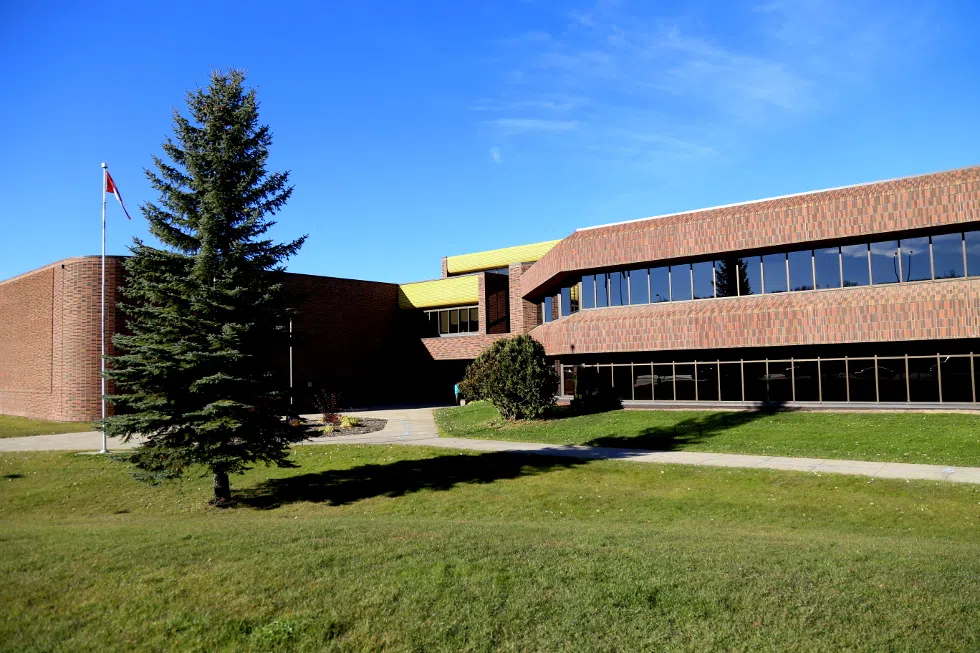
FSIN, Sask. Polytech sign Memorandum of Understanding
A five-year agreement between the Federation of Sovereign Indigenous Nations (FSIN) and Sask. Polytech aims to promote the inherent and treaty right to education for Indigenous students.
The agreement represents a shared interest between the two organizations. Through discussion and collaboration, Sask. Polytech is also implementing calls to action from the Truth and Reconciliation Commission.
“Our treaty right to education is the key to prosperity of our First Nations people,” FSIN Chief Bobby Cameron said in a press release. “It is one of our mandates to make sure we are building strong relationships with facilities that recognize the importance of it as well.”
The CEO from Sask. Polytech said signing an agreement with FSIN is an important step in providing services and programing to Indigenous students.


